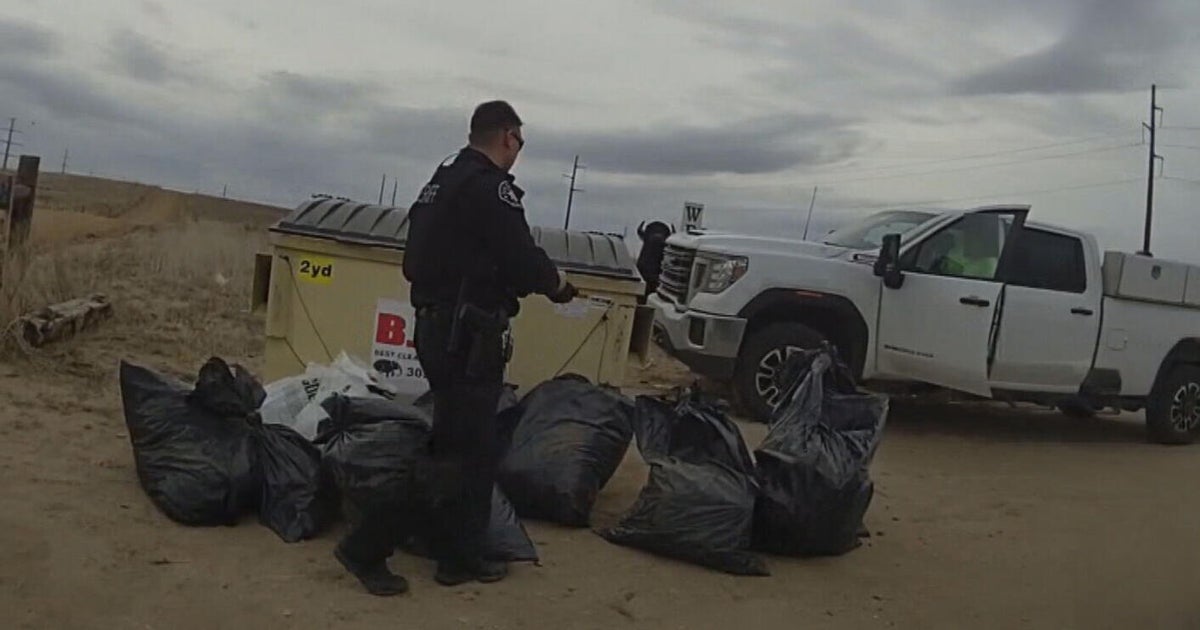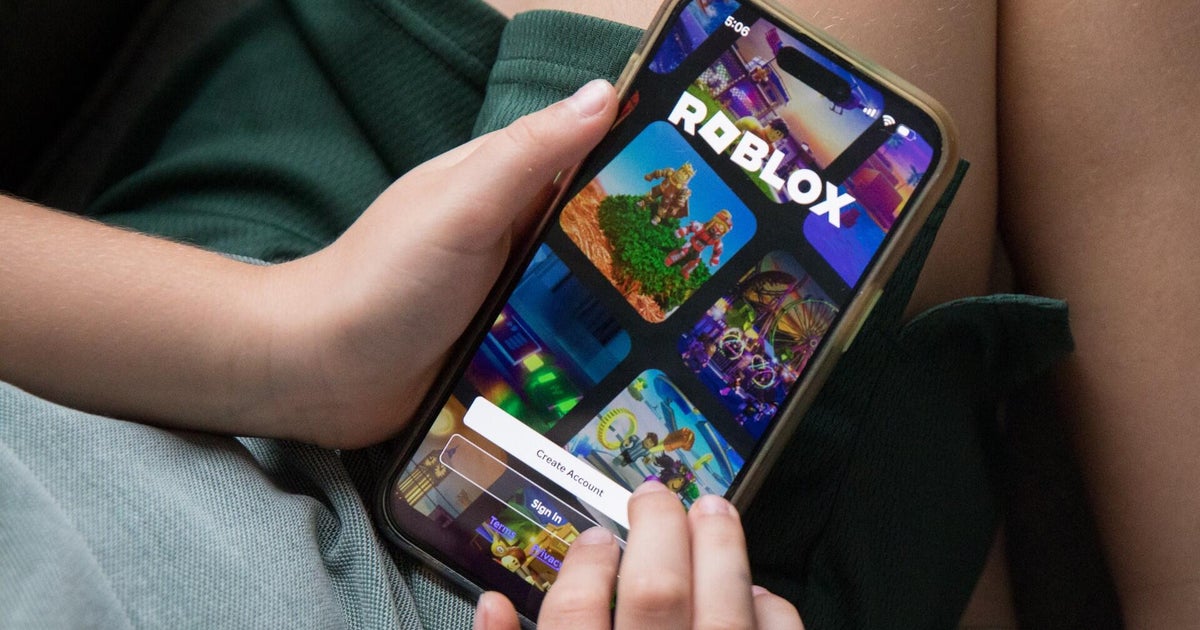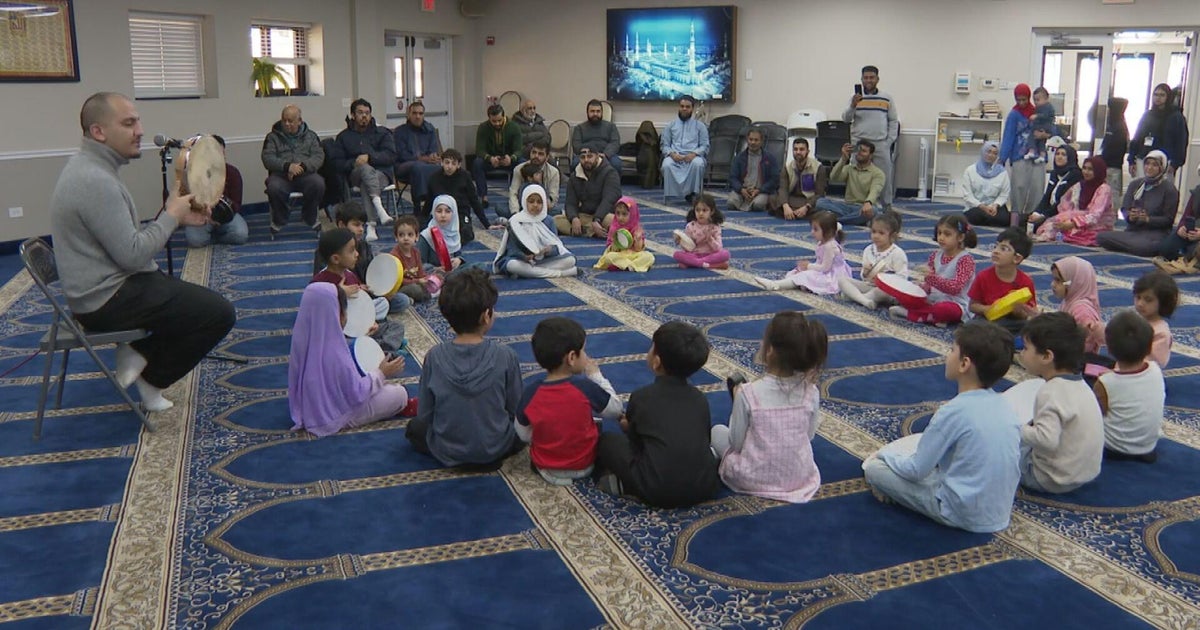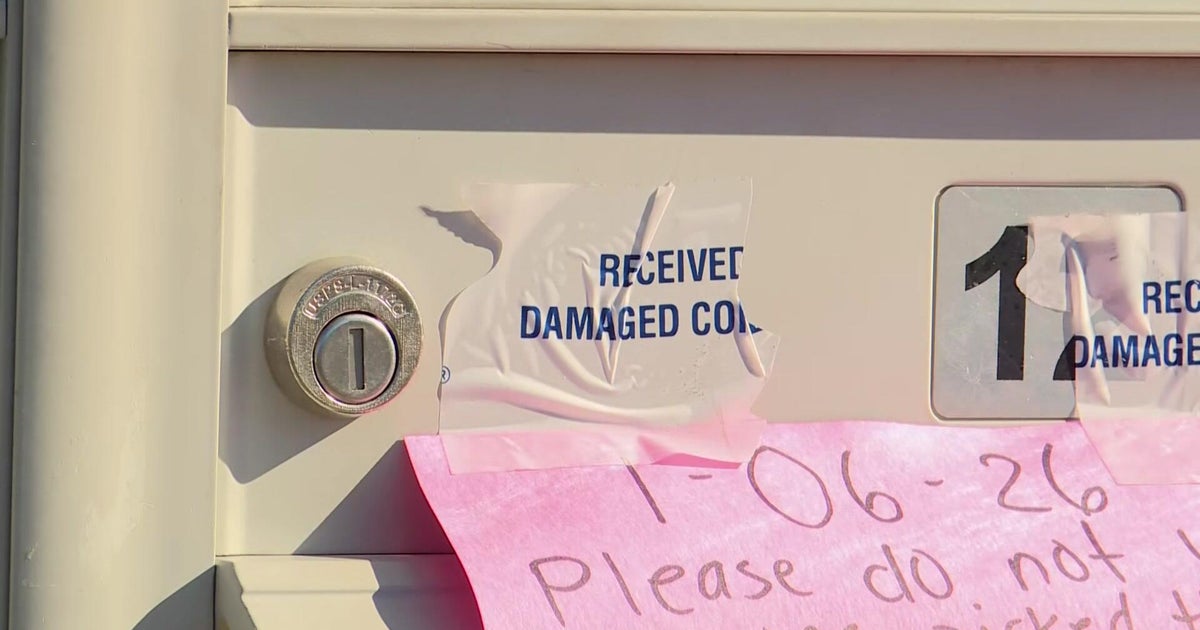5-year study shows 1,375% spike in exposures to edible cannabis in kids under 6
NEW YORK -- The legalization of marijuana has made it easier for adults to get their hands on pot, but it's also become easier for kids.
The long lines at the city's first legal marijuana dispensary highlight the demand for pot, but the availability of cannabis has led to a spike in the number of kids exposed to weed.
A five-year study published in Pediatrics Magazine found more than 7,040 exposures to edible cannabis in kids under 6. That's an increase of 1,375%.
"Kids don't tend to ingest pills because they don't taste good, but they will certainly go for a product that looks just like a chocolate bar or a gummy bear," said Dr. Carl Kaplan, with pediatric emergency medicine at Stony Brook Children's Hospital.
Kaplan says he's seen the spike firsthand.
"They're basically comatose. They're not responding to normal stimuli. They may only respond to some significant painful stimuli," he said.
He says most kids come in with breathing problems.
RELATED STORY: New York's first recreational cannabis dispensary opens at 4:20 p.m. in East Village
But the edibles that are sold at New York's first legal marijuana dispensary are very different then the ones you might see elsewhere, in places that aren't as regulated.
"When we keep access to marijuana edibles available and around children, it's a recipe for disaster," said David Gerber, an addiction specialist and founder of Sober at Home. "The potency of the THC in marijuana today, when children are consuming it, is not designed for children. It's designed for adults."
He and others emphasis safe storage. At Housing Works Dispensary, pamphlets on that topic are at the checkout.
"This, to me, is also a key thing as a mom, that, 'How am I going to actually keep my cannabis?'" Cannabis NYC founding director Dasheeda Dawson said.
Doctors meanwhile are also encouraging parents to be honest.
"We would much rather have that at the very beginning and know how to go about evaluating and managing this child," Kaplan said.
He says that would help medical professionals identify the problem without the need for invasive testing.







